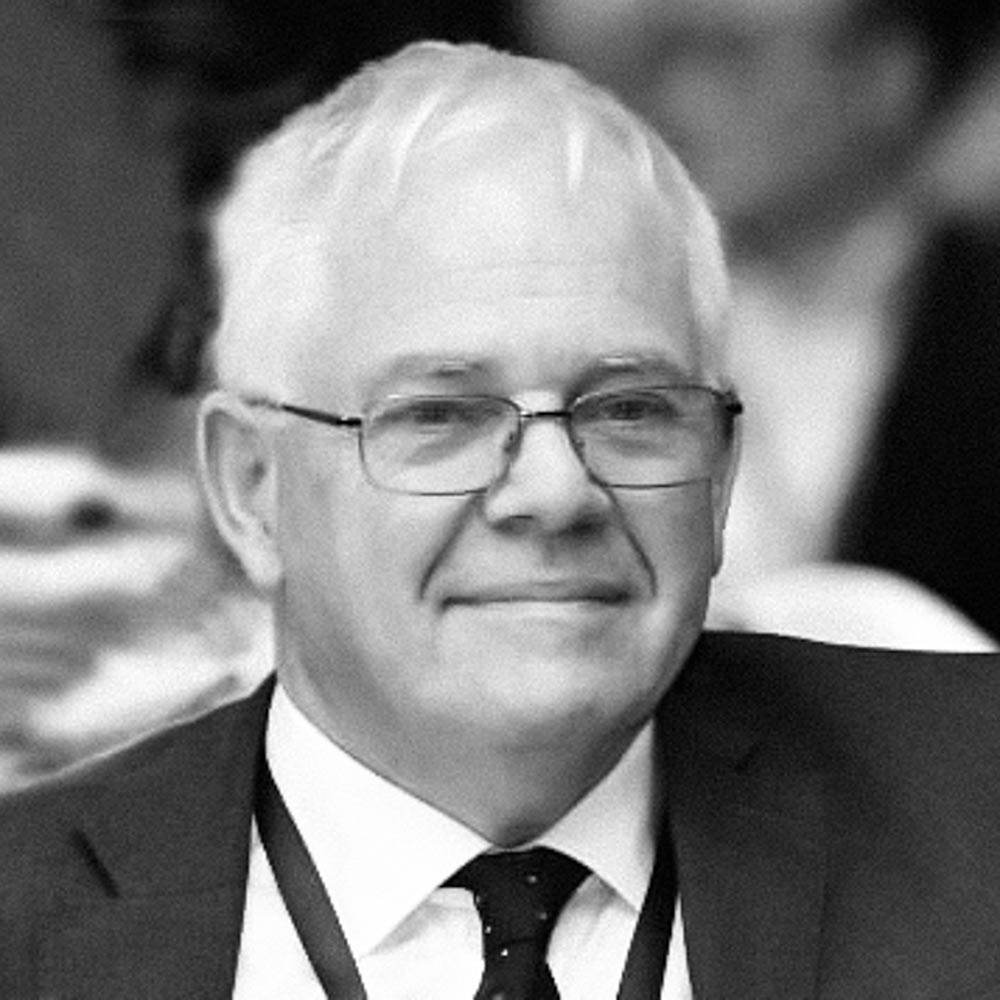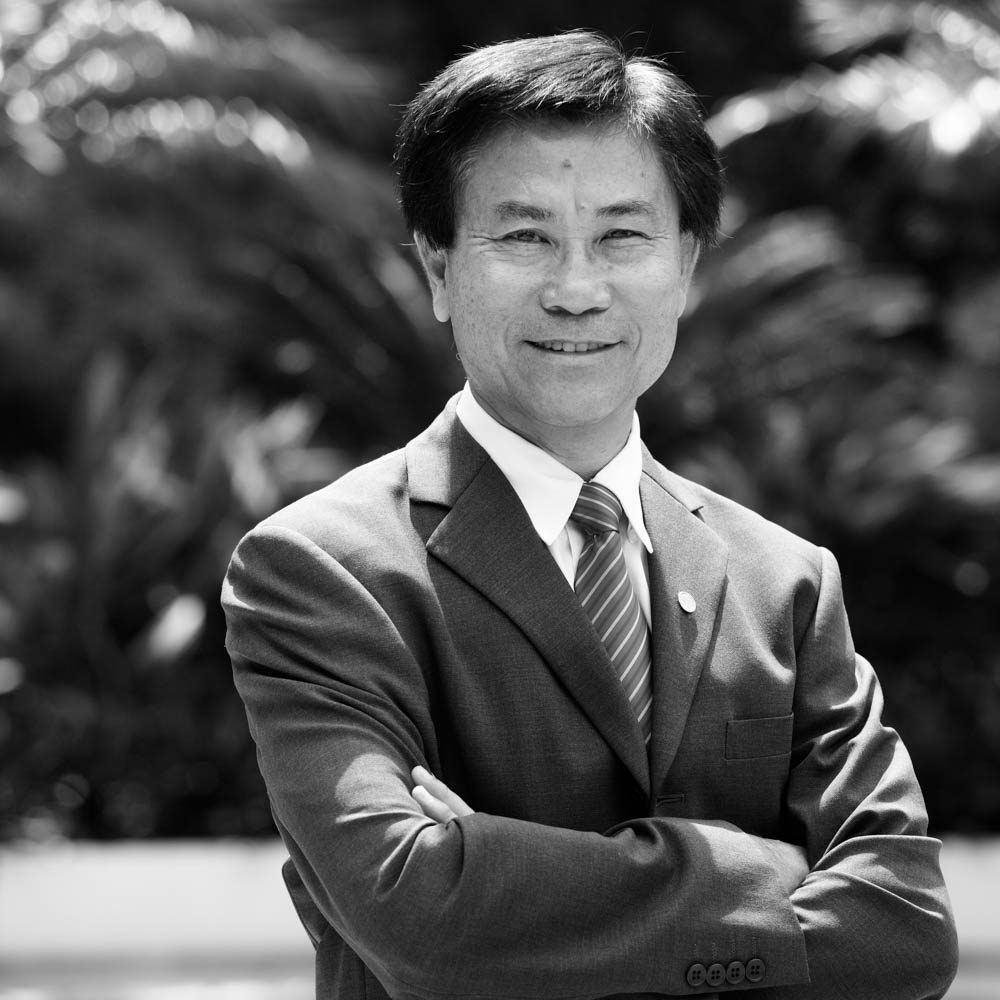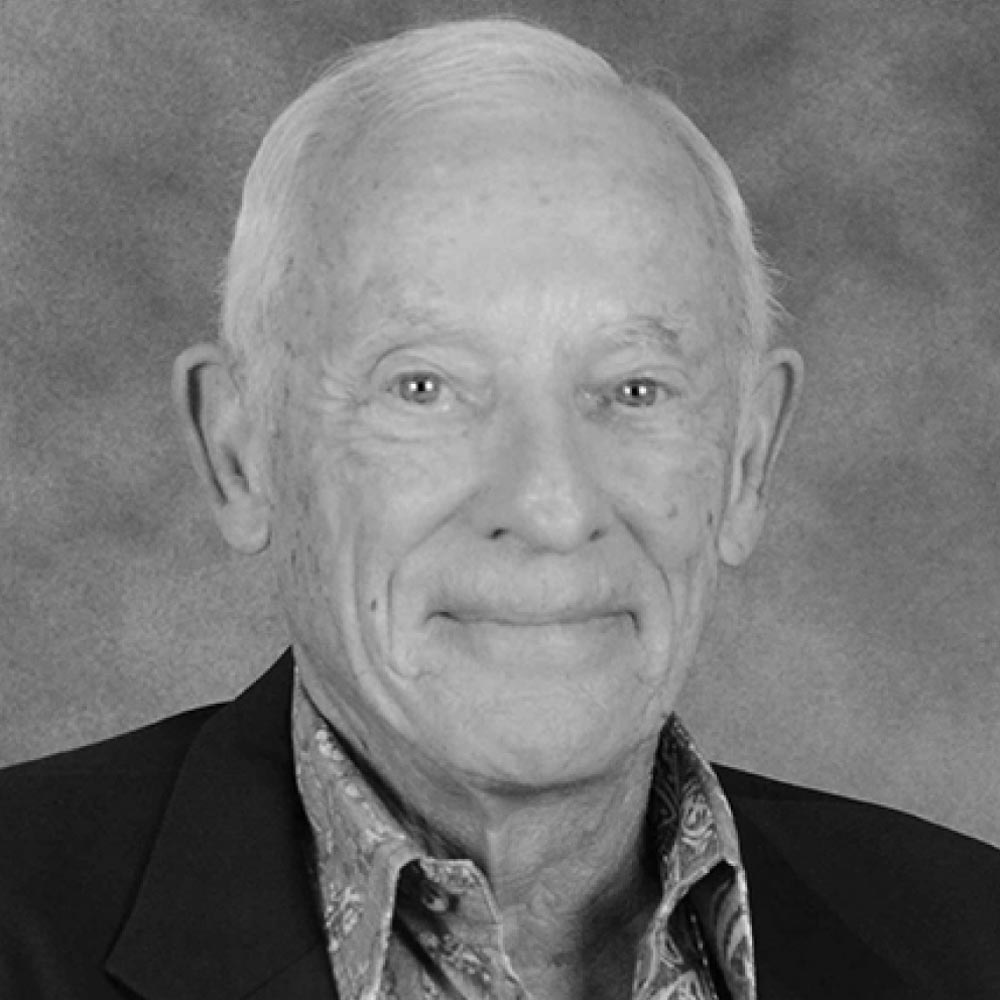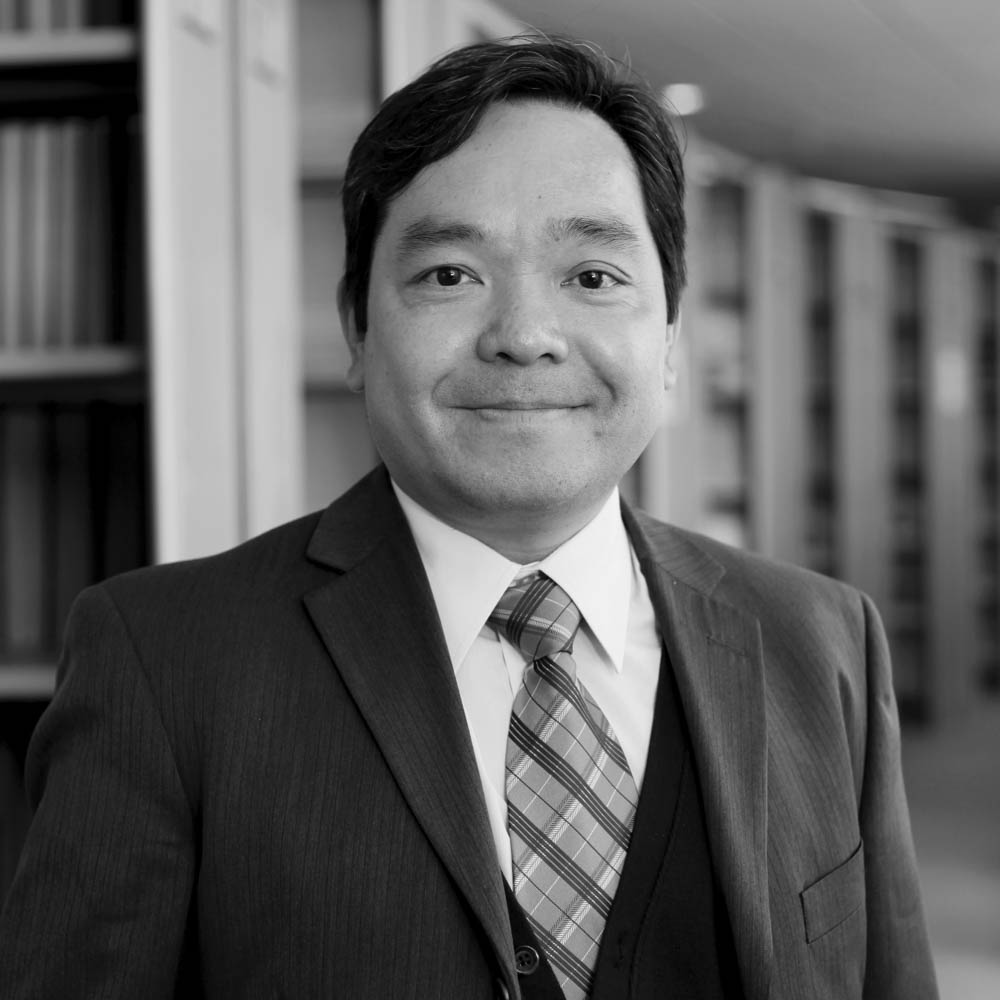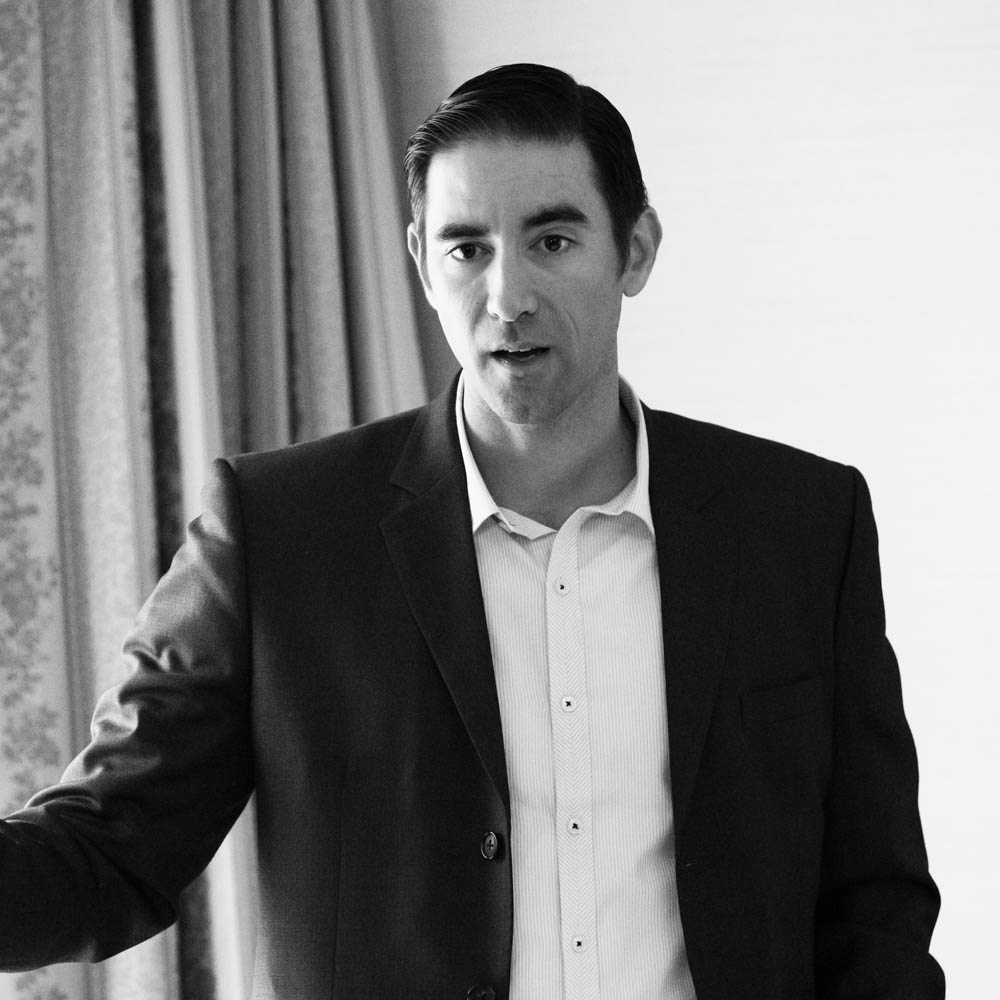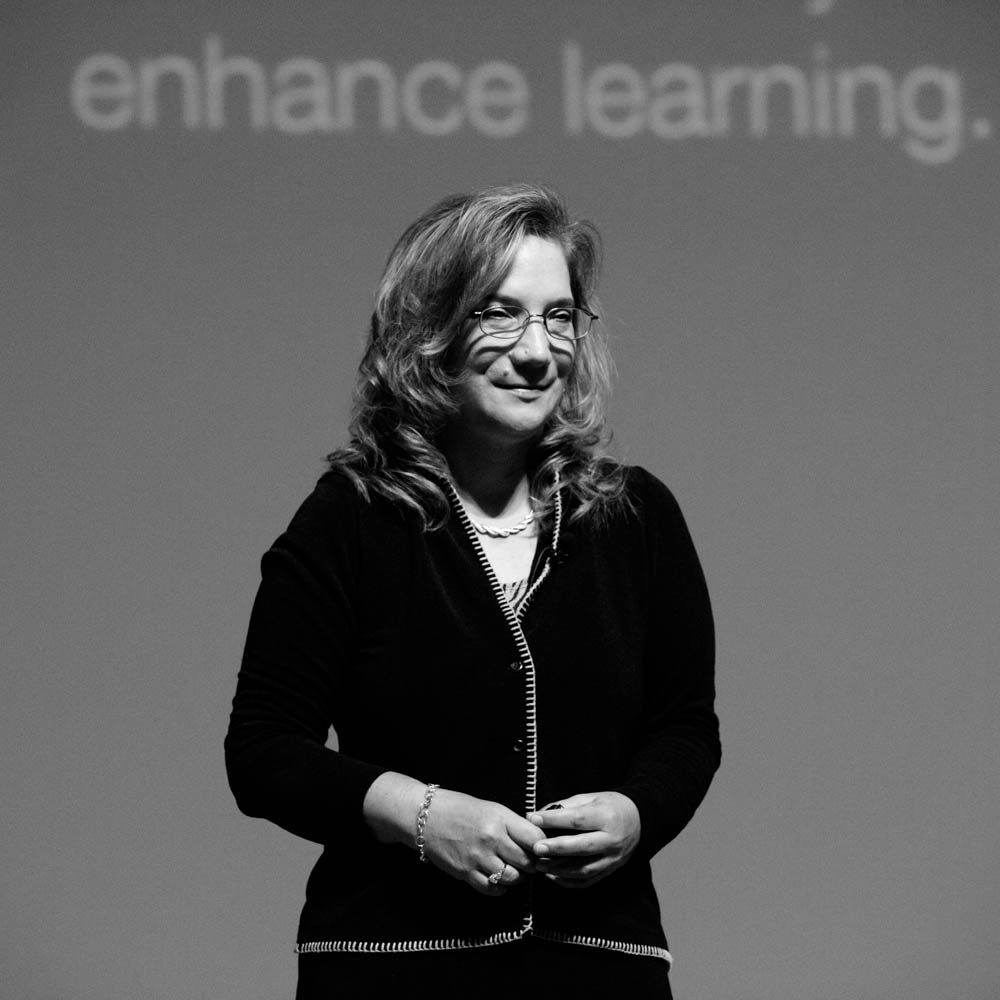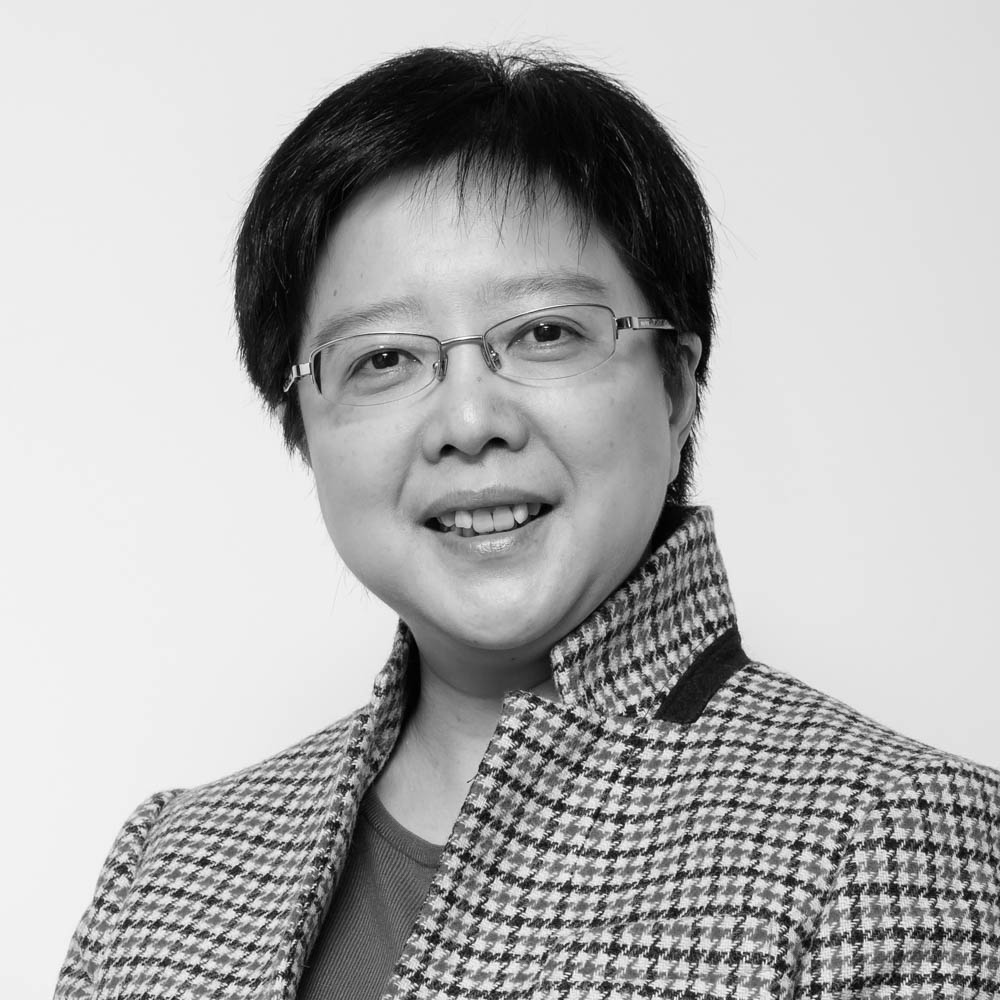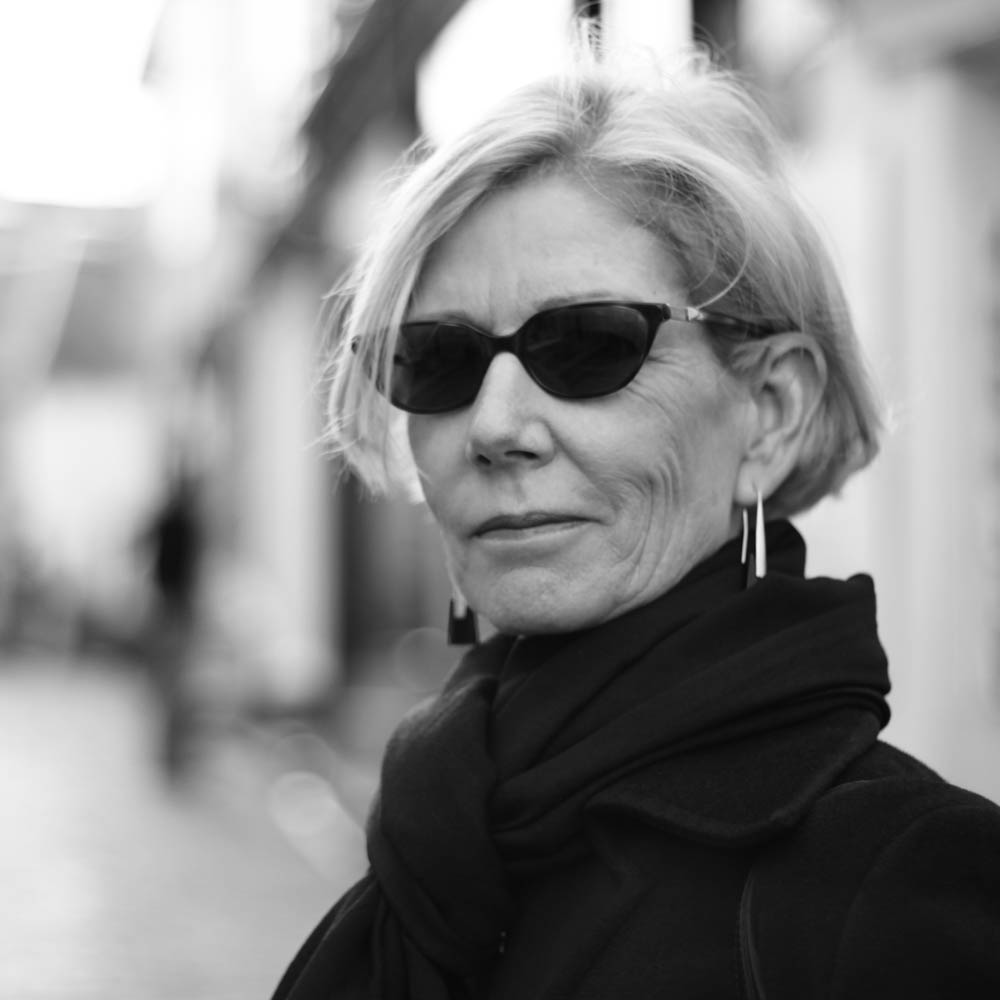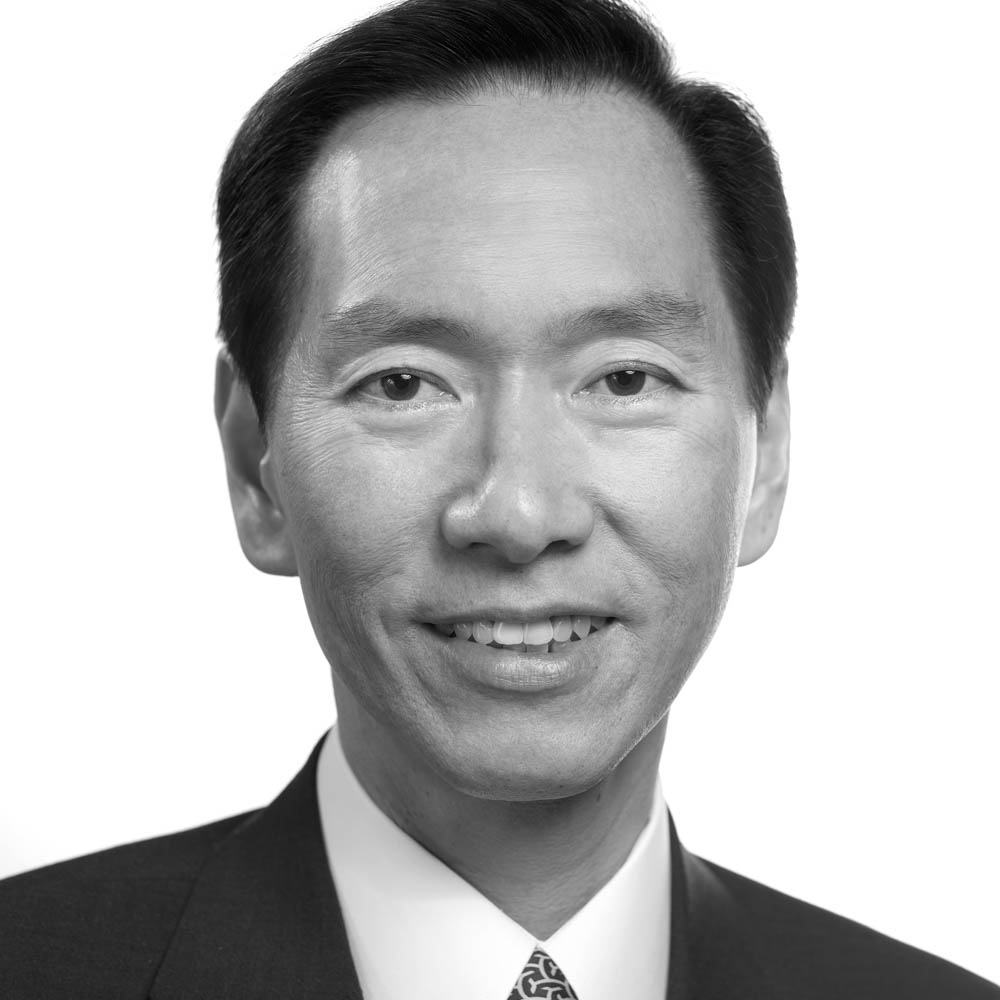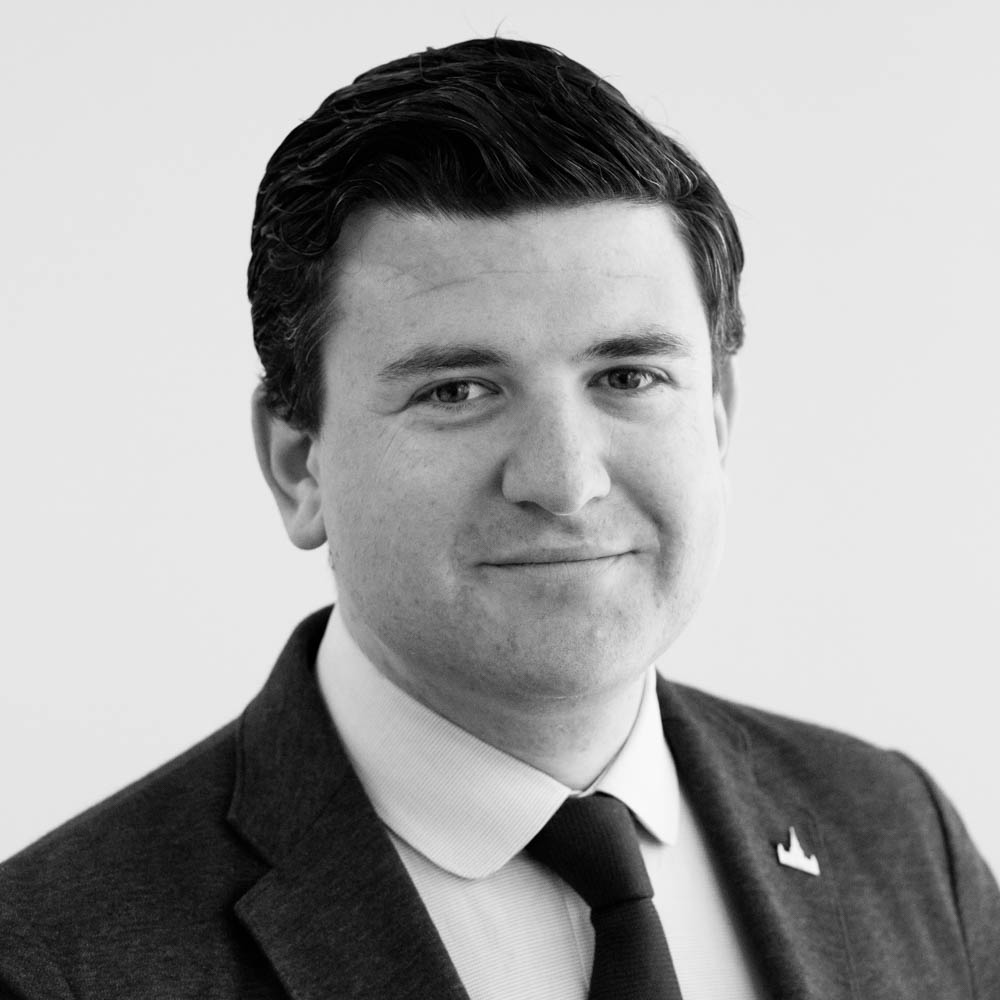Conference Theme: "Uncertain Futures: Repurposing Higher Education"
November 08–10, 2019 | Lingnan University, Hong Kong
 Held at Lingnan University in Hong Kong, The IAFOR Conference for Higher Education Research – Hong Kong is a multidisciplinary conference co-organised by The International Academic Forum (IAFOR), Lingnan University (Hong Kong), the Asia Pacific Higher Education Research Partnership (APHERP), and in affiliation with the Centre for Global Higher Education (CGHE).
Held at Lingnan University in Hong Kong, The IAFOR Conference for Higher Education Research – Hong Kong is a multidisciplinary conference co-organised by The International Academic Forum (IAFOR), Lingnan University (Hong Kong), the Asia Pacific Higher Education Research Partnership (APHERP), and in affiliation with the Centre for Global Higher Education (CGHE).
Given the rate of change in today’s world, the future has never seemed less certain, to either students or teachers. This conference will concentrate on the role of formal education in preparing students for uncertain futures, and for societies that are changing at great speed.
To the positive aspects of globalisation that have transformed how we work and interact with each other, we must also consider the more negative impacts on societies and the natural environment. Nationalism, regionalism, populism and authoritarianism are frequently driven by fear-based politics, driven by the idea of an uncertain present, and scary future.
Technologies have made life better in so many ways, but they have also contributed to great losses of personal privacy, and increased reports of alienation as social media and online life vye for time with “real” life. Until fairly recently, technology was driven by policy, as opposed to the current situation where it exists before any ramifications can be fully considered.
Artificial intelligence and robots are already replacing many more routine jobs, and while technology may create many as yet unimagined jobs, teachers and professors are in the position of having to educate for the unknown. How then do we respond effectively to uncertain futures by repurposing education? How do we reimagine teaching, lecturing, nurturing, mentoring, and the curation and transmission of knowledge? How do we prepare for students to thrive when confronted with the unexpected? How do we plan for as yet unknown disruptive change?
CHER/ACLA2019 Photo Report
Following the overwhelming success of last year’s edition, Lingnan University, The International Academic Forum (IAFOR), and the Asia Pacific Higher Education Research Partnership (APHERP) co-hosted The IAFOR Conference for Higher Education Research (CHER2019). The theme was "Uncertain Futures: Repurposing Higher Education", a title chosen to reflect the precarious nature of global socio-economic development today. The Asian Conference on the Liberal Arts (ACLA2019) was held in parallel under the theme "Uncertain Futures: The Role of Liberal Arts Education".

Above: Dr Bernard Charnwut Chan (Executive Council member of the Government of the Hong Kong SAR), gave the opening remarks. Dr Chan emphasised the need to establish strong ties between educational institutions and governments due to the uncertain socioeconomic futures faced by various societies around the globe.

Above, clockwise from top left: Professor Joshua Mok (Vice President, Lingnan University) offered theoretical and empirical perspectives to aid the understanding of the uncertain futures that are confronting societies. Representatives from IAFOR, APHERP, and Lingnan University unveil their commitment to supporting the UN’s Sustainable Development Goals (SDGs) through research, discussion, and dissemination of information. Students performed a traditional Chinese Lion Dance, culminating in a hospitable message of welcome to all in attendance. And Keynote Speakers posed for a group photo (left to right) Professor Simon Marginson (University of Oxford, UK), Professor Francis Green (University College of London, UK), Professor Leonard K. Cheng (President, Lingnan University), Dr Bernard Charnwut Chan, Professor Deane Neubauer (East-West Center, USA), Professor Adam R. Nelson (University of Wisconsin-Madison, US), and Professor Joshua Mok.

Above left: In a speech entitled "Boya Education in China: Lessons from Liberal Arts Education in the US and Hong Kong", Professor Leonard K. Cheng discussed the importance of China’s “boya” education (BYE) in the era of computer-based automation and AI technology. Professor Cheng argued that BYE needs to occupy a central role in the undergraduate curriculum to achieve its goals in China. Above right: Professor Simon Marginson delivered a presentation entitled "Equal but Different: Global and Regional Implications of the Rise of China in Universities and Science". He argued that the coming decades may witness a situation where rapid growth and improvements in China are impeded by geopolitical conflict, but that China’s systems of higher education and science are now sufficiently developed, and self-sufficient enough, to sustain a strong regional and global role under such conditions.

Above, clockwise from top left: Professor Francis Green spoke on ‘Graduate Employment and Under-Employment’, focusing on the issues pertaining to the availability of employment for new graduates in view of globalisation, changing economic characteristics, and fortunes of societies. Professor Deane Neubauer addressed the issue of climate change in his talk "Engaging the Forces Propelling the Repurposing of Higher Education", in which he discussed the increasingly significant impact of environmental concerns are having on higher education.
Attendees deemed the conference a major success, and all participants said they appreciated the academic and social content of the programme. Organisers said they achieved the goal of debating the future needs of higher education, and establishing how to repurpose higher education for the coming uncertain times. Students, researchers, and policymakers all agreed that they must continue these discussions to ensure higher education is prepared for what lies ahead.
Programme
-
 Boya Education in China: Lessons from Liberal Arts Education in the U.S. and Hong KongKeynote Presentation: Leonard K. Cheng
Boya Education in China: Lessons from Liberal Arts Education in the U.S. and Hong KongKeynote Presentation: Leonard K. Cheng -
 Equal but Different: Global and Regional Implications of the Rise of China in Universities and ScienceKeynote Presentation: Simon Marginson
Equal but Different: Global and Regional Implications of the Rise of China in Universities and ScienceKeynote Presentation: Simon Marginson -
 Uncertain Futures of the Past: “Repurposing” American Higher Education, 1945–1965Keynote Presentation: Adam Nelson
Uncertain Futures of the Past: “Repurposing” American Higher Education, 1945–1965Keynote Presentation: Adam Nelson -
 Graduate Employment and Under-EmploymentKeynote Presentation: Francis Green
Graduate Employment and Under-EmploymentKeynote Presentation: Francis Green -
 Engaging the Forces Propelling the Repurposing of Higher EducationKeynote Presentation: Deane Neubauer
Engaging the Forces Propelling the Repurposing of Higher EducationKeynote Presentation: Deane Neubauer
Keynote & Featured Presentation Reports
- Boya Education in China: Lessons from Liberal Arts Education in the US and Hong Kong – Professor Leonard K Cheng, Lingnan University, Hong Kong
- Equal but Different: Global and Regional Implications of the Rise of China in Universities and Science – Professor Simon Marginson, University of Oxford, UK
- Graduate Employment and Under-employment – Professor Francis Green, University College London, Institute of Education, UK
- Engaging the Forces Propelling the Repurposing of Higher Education – Professor Deane Neubauer, East-West Centre, USA
- Uncertain Futures of the Past: ‘Repurposing’ American Higher Education, 1945-1965 – Professor Adam R Nelson, University of Wisconsin-Madison, USA
- Questing for Sustainable Development in Higher Education: The Role of Liberal Arts Education – Professor Joshua Ka-ho Mok, Lingnan University, Hong Kong
Keynote Speakers
-
 Francis GreenUniversity College London, Institute of Education, UK
Francis GreenUniversity College London, Institute of Education, UK -
 Adam R. NelsonUniversity of Wisconsin-Madison, USA
Adam R. NelsonUniversity of Wisconsin-Madison, USA -
 Simon MarginsonUniversity of Oxford, UK
Simon MarginsonUniversity of Oxford, UK -
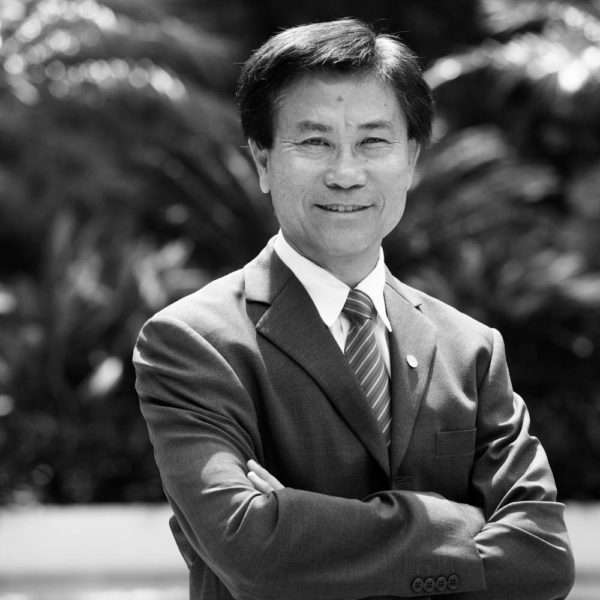 Leonard K ChengLingnan University, Hong Kong
Leonard K ChengLingnan University, Hong Kong -
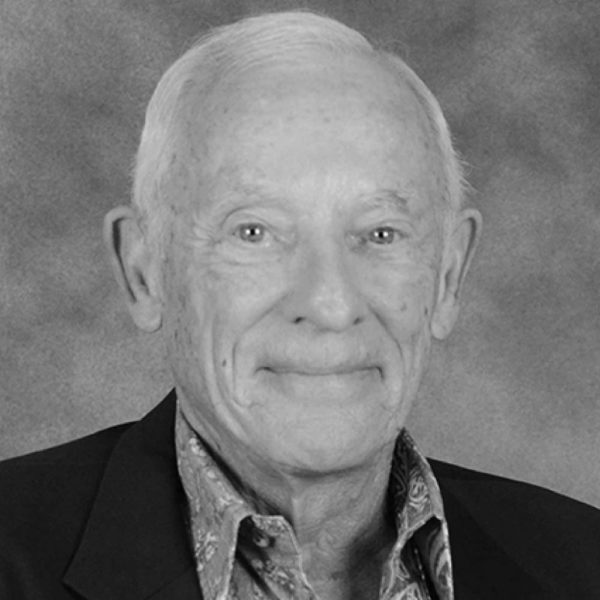 Deane NeubauerEast-West Center, USA
Deane NeubauerEast-West Center, USA
Featured Speakers
Advisory Board
-
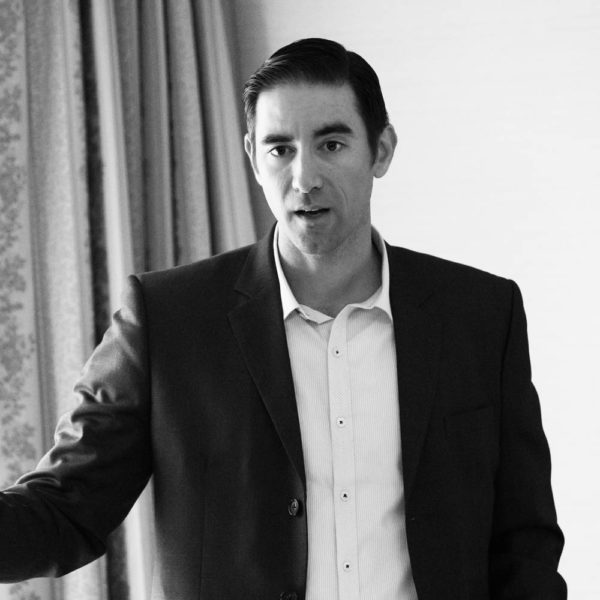 Justin SandersTemple University, Japan Campus
Justin SandersTemple University, Japan Campus -
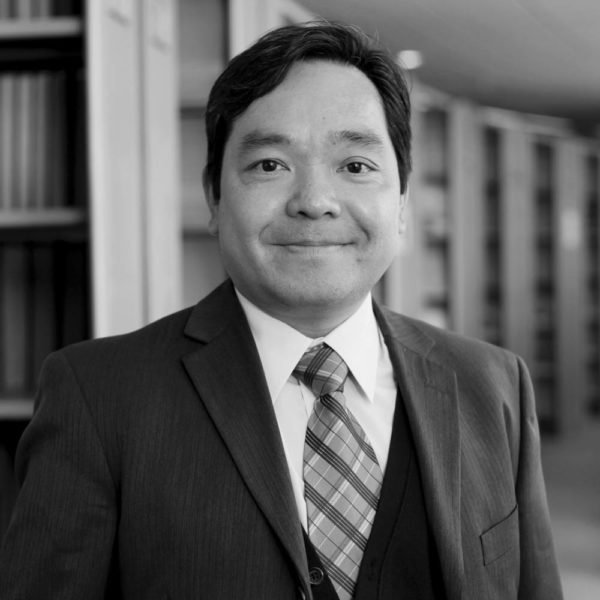 Joshua MokLingnan University, Hong Kong
Joshua MokLingnan University, Hong Kong -
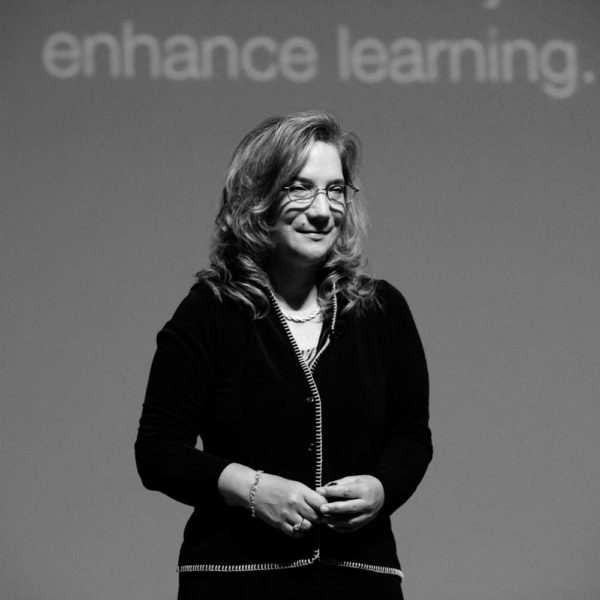 Barbara LockeeVirginia Tech, USA
Barbara LockeeVirginia Tech, USA -
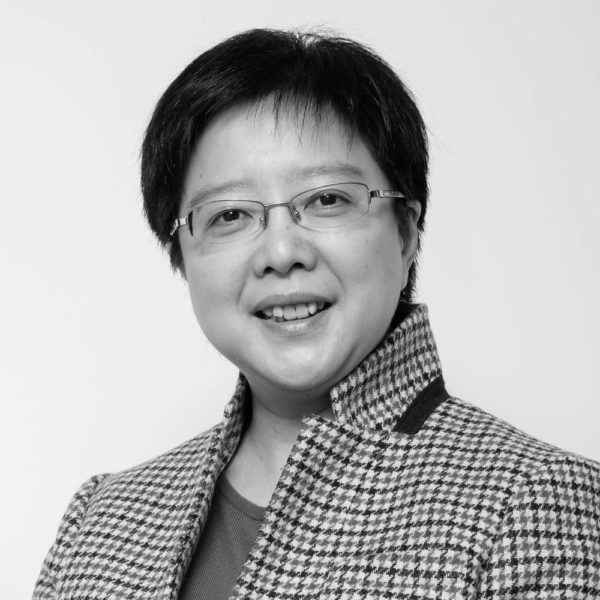 Winnie TangSmart City Consortium, Hong Kong
Winnie TangSmart City Consortium, Hong Kong -
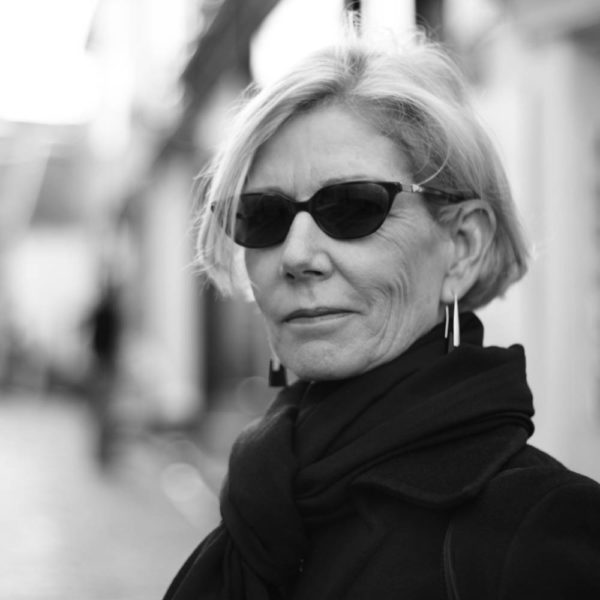 Susan RobertsonUniversity of Cambridge, UK
Susan RobertsonUniversity of Cambridge, UK -
 Deane NeubauerEast-West Center, USA
Deane NeubauerEast-West Center, USA -
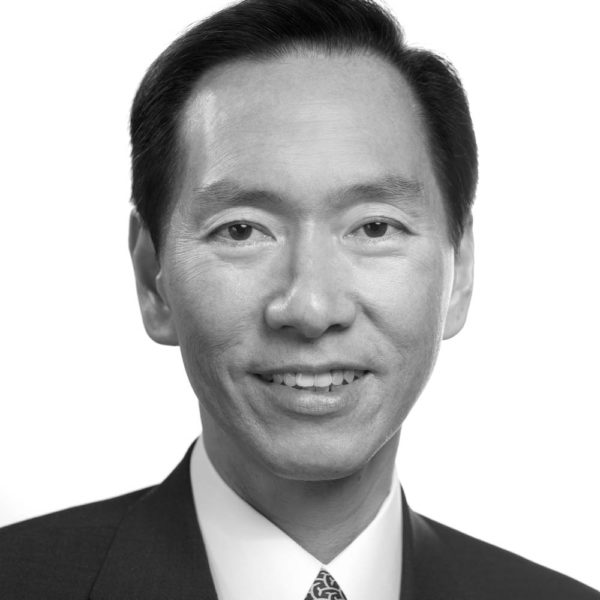 Bernard Charnwut ChanExecutive Council of the Government of the Hong Kong SAR, Hong Kong
Bernard Charnwut ChanExecutive Council of the Government of the Hong Kong SAR, Hong Kong -
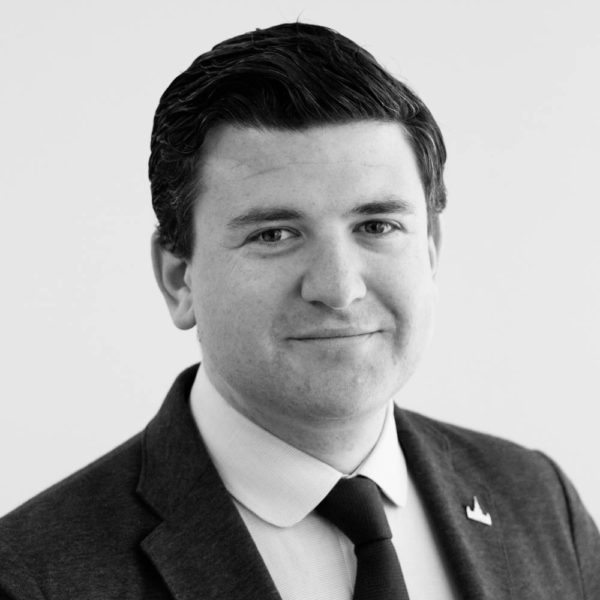 Joseph HaldaneThe International Academic Forum (IAFOR), Japan
Joseph HaldaneThe International Academic Forum (IAFOR), Japan
Review Committee
- Dr Jin Jiang, Lingnan University, Hong Kong
- Dr Chi Sum Garfield Lau, The Open University of Hong Kong, Hong Kong
- Professor Ka Ho Joshua Mok, Lingnan University, Hong Kong
- Professor Deane Neubauer, University of Hawaii, Manoa, United States
- Dr Marilyn Obod, Our Lady of Fatima University, Philippines
- Dr Despoina Panou, Ministry of Education, Greece
IAFOR's peer review process, which involves both reciprocal review and the use of Review Committees, is overseen by conference Organising Committee members under the guidance of the Academic Governing Board. Review Committee members are established academics who hold PhDs or other terminal degrees in their fields and who have previous peer review experience.
If you would like to apply to serve on the CHER-HongKong2019 Review Committee, please visit our application page.
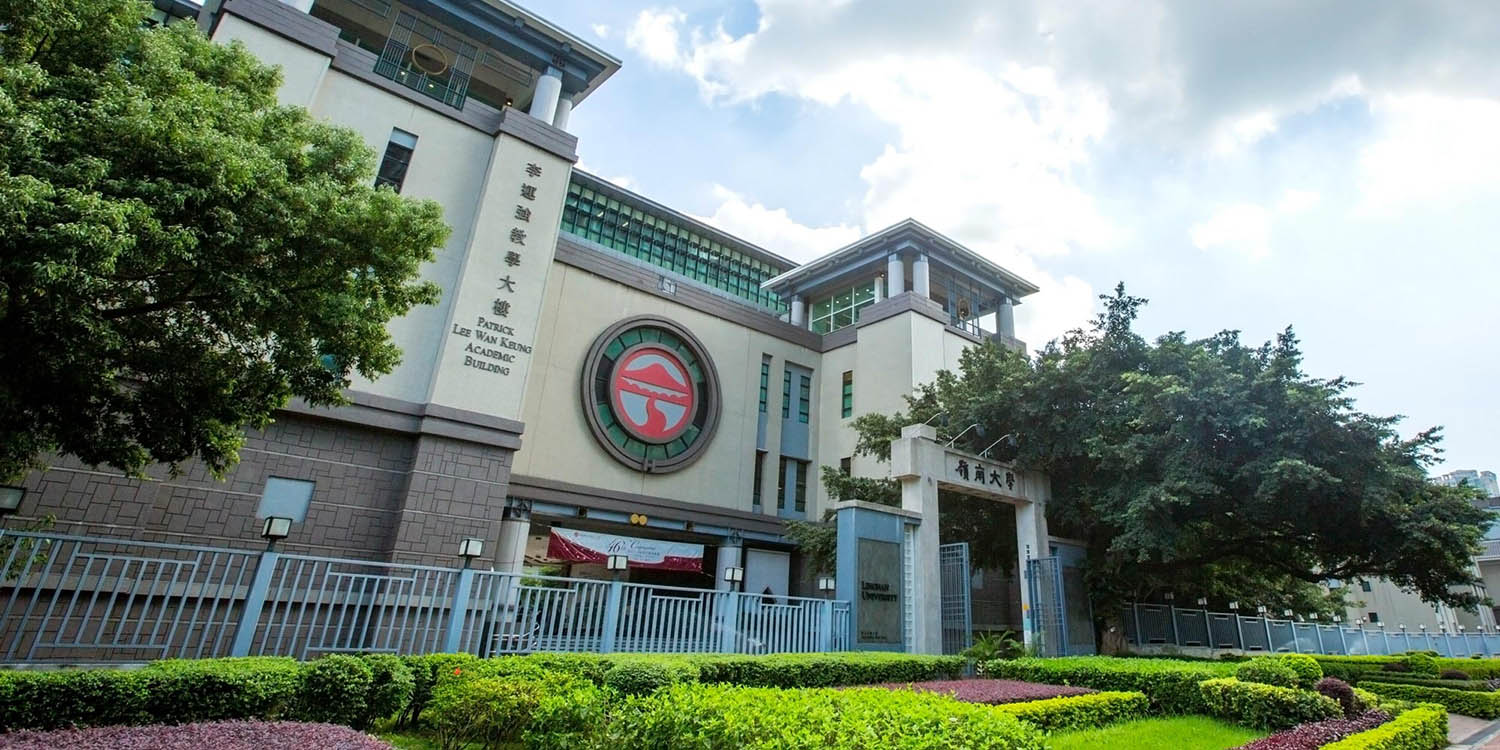
About Lingnan University, Hong Kong
Founded in Guangzhou in 1888 and re-established in Hong Kong in 1967, Lingnan has the longest history among all local tertiary institutions. Its vision is to be a leading Asian liberal arts university with international recognition, distinguished by outstanding teaching, learning, scholarship and community engagement. Lingnan is committed to providing quality whole-person education by combining the best of Chinese and Western liberal arts traditions; nurturing students to achieve all-round excellence and imbuing them with our core values; and encourage faculty and students to contribute to society through original research and knowledge transfer.
On the auspicious occasion of celebrating its golden jubilee, Lingnan has achieved a leap in ranking that puts it in the top 100 Asian universities in the Quacquarelli Symonds (QS) Asia University Rankings 2018. In 2015, Lingnan University was also named as one of the top 10 liberal arts college in Asia by Forbes. Lingnan is dedicated to building an international campus and actively establishing strategic collaborations with prominent universities worldwide.
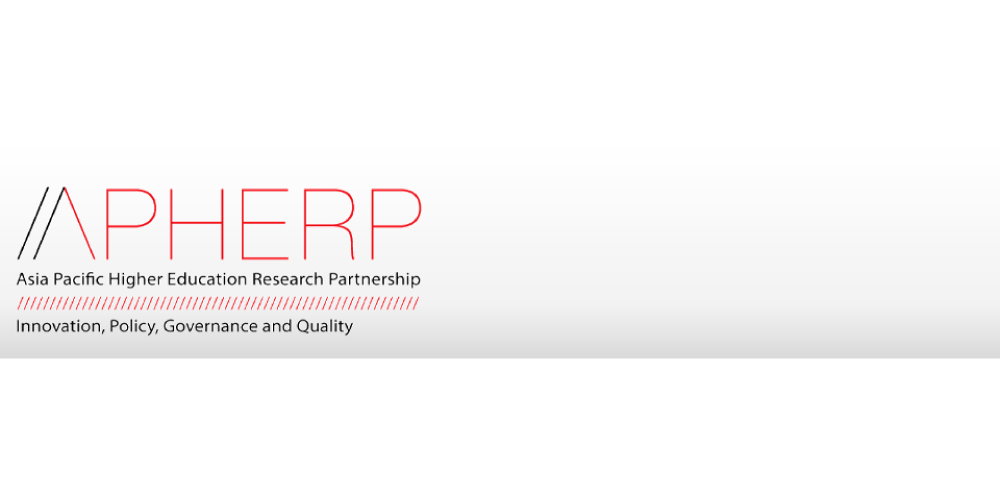
About the Asia Pacific Higher Education Research Partnership (APHERP)
The Asia Pacific Higher Education Research Partnership (APHERP) is the Research Consortium co-launched by Lingnan University together with University College London’s (UCL) Institute of Education’s Centre for Global Higher Education in the UK, King’s College London’s Department of International Development, and the University of Bath’s International Centre for Higher Education Management in the UK. APHERP is also supported by leading institutions in Asia: Peking University, Tsinghua University, Zhejiang University and South China University of Technology in China, Hiroshima University in Japan, and National Chung Cheng University in Taiwan.
Publications for Higher Education Research
Selected papers after serious academic reviews will be selected for publications by:
- Journal of Asian Education and Development Studies (Emerald) [Internationally refereed and ESSCI Journal]
- Springer Book Series on Higher Education in Asia: Quality, Excellence and Governance








